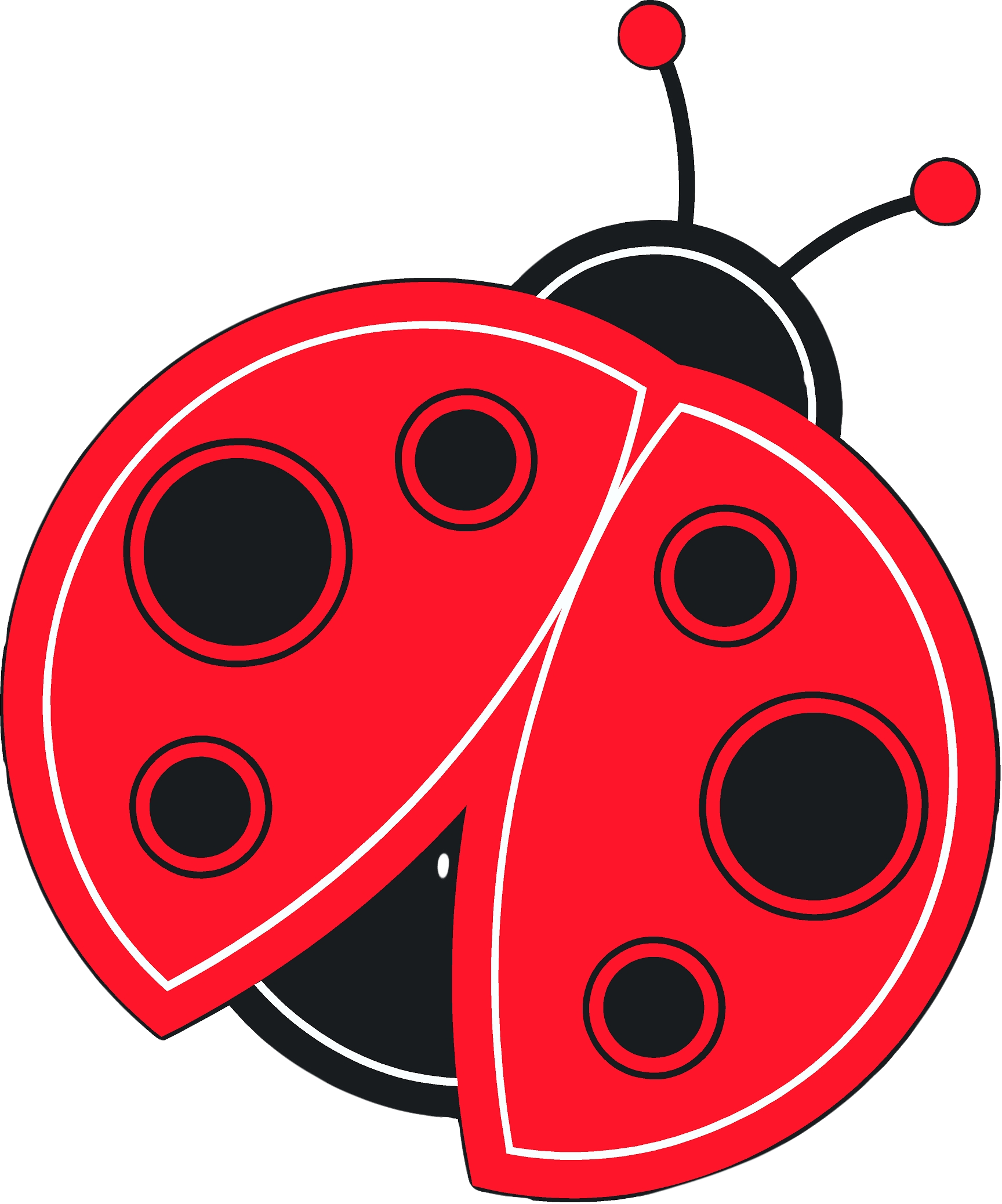HOMEMADE PESTICIDES NOT NECESSARILY SAFER
- ladybugarborists
- Feb 8, 2013
- 3 min read
WHY YOU SHOULD USE APPROVED PRODUCTS APPLIED BY A LICENSED APPLICATOR
Maureen Sexsmith-West ISA Certified Arborist, PR4600 Before you know it, those nasty weeds will begin to pop up and the buzz of insects fills the air. There is an increasing consumer trend towards ‘biologicals’ instead of traditional chemical pesticides and herbicides. Some of you will be surfing the internet or turning to friends for ‘home made’ solutions to these sometimes frustrating problems. Many think that using something created in your kitchen is less harmful than approved treatments. This may not be the case. In some instances you may be creating new problems for your plants, adding toxic elements or changing your pH levels.
An excellent article, published by Health Canada, who oversees the rigorous testing of pesticides and herbicides outlines the potential risks of using ‘homemade’ products. They highlight the potential health risks both from the product itself to you, the environment and reviews improper application practices. There are strict rules with respect to storage, use and application techniques, all designed to protect the applicator, the homeowner, their neighbours, pets and wildlife.
You may be able to purchase some approved products at garden centres or hardware stores. Keep in mind that these products have been diluted for public application to safeguard against improper use or application techniques. The results may be slower and there is a tendency to reapply to get the desired results. Stores may only stock items that are approved for use in the current year. You may be surprised to find that products you purchased previously and still have in your shed may be banned for use in urban areas this year.
We use a licensed pesticide applicator who is formally trained in arboriculture, turf and horticulture. He follows the government regulations with respect to the products, target (pest or weed), plant and methods necessary to address insect and weed infestations. Understanding tree biology helps ensure that the product applied will not harm the tree in your attempt to treat the pest. We only recommend treatments when populations are sufficient to warrant it. A garden hose is great ally when it comes to aphids and other pests. Consider these cultural practices first.
We have a wide range of products and methods of application that will suit your personal beliefs, while addressing your concerns. Some problems you may encounter may only be remedied by a licensed professional who can accurately diagnose your problem in order to know what course of action is required and when treatments should be used.
REMEMBER: A HEALTHY TREE IS FAR LESS VULNERABLE TO PEST AND DISEASES. BY INCORPORATING CULTURAL METHODS SUCH AS REGULAR PRUNING AND PROPER IRRIGATION, YOU ARE LESS LIKELY TO HAVE THESE PROBLEMS.
Mulching helps suppress weeds by preventing germination.
If you are having problems with pests in your yard – give us a call.
Below is an excerpt from this article: “IT’S YOUR HEALTH The Issue Preparing, storing, and using homemade pesticides could pose risks to your health and the environment. Background In recent years, more and more homeowners and gardeners have been looking for alternatives to traditional pesticides for use in their homes and gardens. As a result, you can now find many recipes for pest control products on the Internet and in published literature. These recipes are for products that claim to address a wide variety of situations, from controlling insects to repelling large animals. Health Canada is advising consumers to be aware that preparing, storing, and using homemade pesticides may pose health and environmental safety risks; and reminds Canadians that any pesticide should be used judiciously, be it conventional or homemade.” Too see the full article click this link http://www.hc-sc.gc.ca/hl-vs/alt_formats/pacrb-dgapcr/pdf/iyh-vsv/life-vie/homemade-artisanaux-eng.pdf




